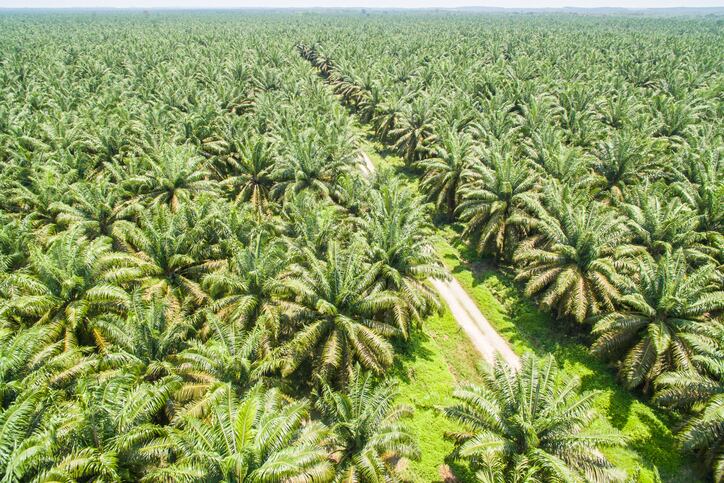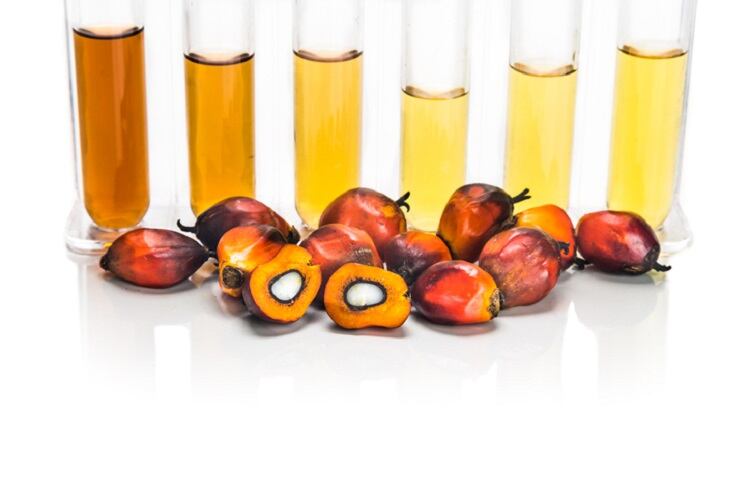According to the UK start-up, $1.7 trillion dollars of illicit trade enter the global economy every year, representing what would be the 10th largest economy in the world by gross domestic profit (GDP).
“It is the fastest growing economic crime worldwide,” said IN-Code Technologies CEO and co-founder Joe Tilley.
Food fraud – which covers counterfeiting, dilution, and substitution in food products, as well as packaging theft – is also a global industry, and one that is estimated at $52bn per year.
“The economic and health concerns associated with fake food is an incredibly important issue, and something that we as a business want to try and solve,” continued Tilley at the Seeds and Chips conference in Milan last week.
IN-Code Technologies has developed a forensic marker platform, including edible, invisible markers to test authenticity and traceability in-product. According to the firm, the markers can identify batch level counterfeiting, dilution, substitution, and can prove sustainable supply chains from farm-to-consumer for a number of commodities.
The platform is founded on IN-Code’s ‘crypto-anchors’, which can be described as tamper-proof digital fingerprints. The crypto-anchors are placed inside the invisible solution and can, where required, link to blockchain traceability systems.
The chemical is completely traceless, odourless, and has been approved in the US and in the EU as an inactive food ingredient.
This means that an invisible chemical containing IN-Code’s crypto-anchor technology can be applied safely onto and into food to prove the origins of goods and services.
“Not only can we identify if it is real or fake, we can create over 67 million unique codes within this one chemical that allows us to authenticate products in the supply chain. This is a game changer,” said Tilley.
Beyond blockchain
Blockchain is an open and secure digital ledger that enables a permanent record of transactions. The trustworthy technology is regularly touted as the ‘future of digital transactions’ and has been increasingly adopted by food manufacturers to increase transparency and traceability along the food chain.
In March this year, for example, Carrefour applied the technology to its Quality Line micro-filtered milk chain, and last month Nestlé announced plans to use blockchain to share information about its Mousline instant mash potato with consumers in France.
Seeds and Chips success
At this year’s Seeds and Chips, IN-Code Technologies entered – and won – three awards.
- Mondelēz's ‘Future of Snacking’ prize
- Givaudan’s NextGen Food Pitch Competition
- Rockstart AgriFood Pitch Competition
However, according to tech giant IBM, “blockchains alone cannot ensure the authenticity of physical goods”. Crypto-anchors set themselves apart from a great number of traceability platforms in the digital space, as they do not rely solely on blockchain.
In the same 2018 statement, IBM also predicted crypto-anchors would be one of five inventions to change the world in five years.
Tilley shares IBM’s view. “The challenge with blockchain is that it is data,” he told delegates, suggesting that its accuracy is reliant on receiving good quality data. “And, you still have to rely on that trust in the supply chain of [third-party] certification etc. So IN-Code Technologies has found a new way to solve this.”
Proving sustainable palm oil production
The start-up’s security marker can also be used to prove brands’ claims and practices within global supply chains, such as palm oil, coffee, and hazelnuts.
From a sustainability standpoint, ensuring palm oil is responsibly sourced is crucial. Irresponsibly sourced palm oil production is regularly linked to deforestation, loss of biodiversity, and climate change.

IN-Code claims its markers can trace palm oil to prove it was sustainably sourced. “Our markers are sprayed onto the palm branches, and because of their high heat stability and process stability, they can be used to trace the palm – all the way through the farm to factories around the world,” said Tilley.
In addition, the marker can trace dilution to identify when a certain blend of unsustainably sourced oil is mixed in with its sustainable counterpart. “This blending process can’t be identifying by any other markers on the market today except for IN-Code’s.”
Currently, the sustainability of palm oil production is largely monitored by the Roundtable on Sustainable Palm Oil (RSPO), which aims to make ‘sustainable palm oil the norm’. The RSPO has its own certification standards its requires palm oil producing members to adhere to.
The RSPO told FoodNavigator it welcomes the effort of companies to develop new technology to enhance the traceability of the palm oil sector.
The organisation “is always watching new initiatives that have the potential to be scaled up for real-world applications,” said RSPO’s head of European operations, Dr. Inke van der Sluijs.
“Certification remains one tool – specifically for traceability in the Identity Preserved and Segregated Supply Chains – but we watch with interest as others are developed.”


